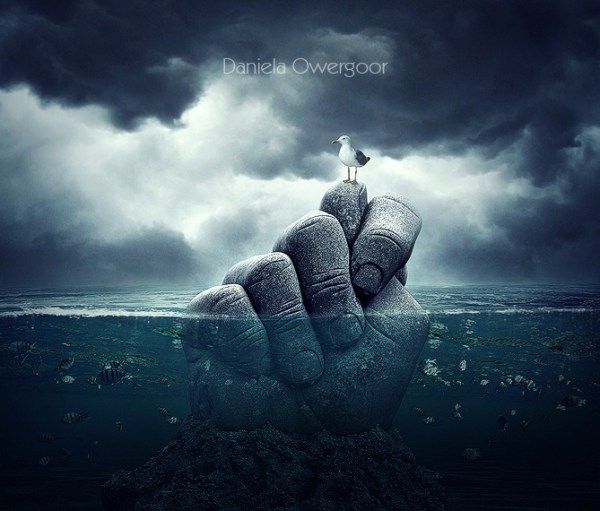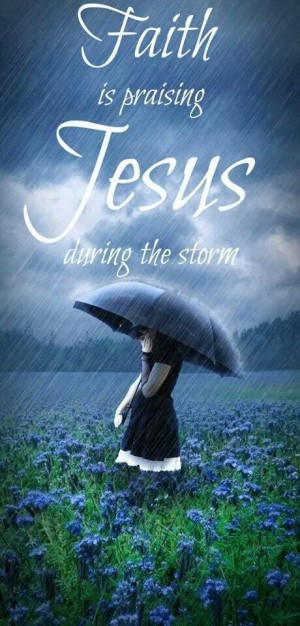

By forcing her sons to honor ideals that presumably represent Công's value system - and Vietnamese tradition in general - Hương acts as the boys' father and mother, using her tactic as both weapon and sanctuary.

Viewing Công's decision as a baffling betrayal, Hương later tells her sons that their father died a hero in a brave attempt to escape Communist Vietnam. 'Things We Lost to the Water' gracefully manages to be both panoramic and specific, allegorical and literal. His absence will cast a long shadow upon the family in the ensuing years. Công - Hương's husband - has, at the last moment, chosen to remain in Vietnam. At the novel's outset, Hương has just arrived in the city with her two young sons, five-year-old Tuấn and baby Ben, after a harrowing escape by sea and a crowded, stressful stay at a Singaporean refugee camp.

Most of the story takes place in New Orleans, Louisiana, with subsidized apartments, dilapidated shotgun houses, colorful duplexes, and the trash-strewn bayou - where refugees discard their unwanted mementos - as backdrop. Told from multiple perspectives and spanning 27 years, from 1978 to 2005, Things We Lost to the Water gracefully manages to be both panoramic and specific, allegorical and literal. Signifying both a place of origin and the means by which a boat refugee departs from such place of origin, Things We Lost to the Water poignantly explores all the ways in which Vietnamese refugees are affected by country and water - in sum, by dislocation. Nước - the Vietnamese word for country and water - permeates Eric Nguyen's haunting debut.


 0 kommentar(er)
0 kommentar(er)
